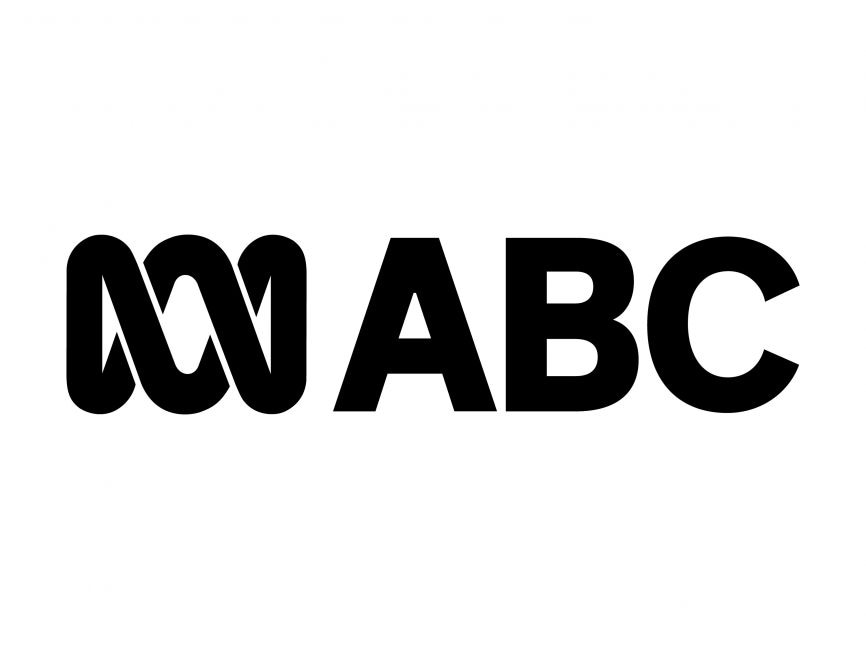
Editor's Note Female patients undergoing heart surgery are less likely than male patients to have concomitant procedures—that is, having additional ailments addressed during cardiac procedures—despite guidelines recommending such treatments, according to two studies led by Michigan Medicine. News-Medical.Net reported the news June 28. The first study, involving over 5,000 patients…

Editor's Note Using a device they call a “space hairdryer,” researchers in Austria applied gentle shockwaves to regenerate heart tissue after coronary artery bypass graft surgery (CABG) in a study with potential implications for millions of patients, BBC News reported June 20. Researchers are now seeking larger trials, European regulatory…

Editor's Note Using a patient’s stem cells to 3D-print patches to place over damaged areas of the heart could provide an alternative to invasive surgery, according to new research detailed in a June 9 report from the Australian Broadcasting Corporation (ABC). Although the technology has yet to be tested on…

Editor's Note Contrary to previous findings, less-invasive percutaneous intervention combining fractional flow reserve (FFR)-guided percutaneous coronary intervention (PCI) with transcatheter aortic valve replacement (TAVR) could be a viable alternative to surgery for patients with severe aortic stenosis (AS) and concomitant obstructive coronary artery disease (CAD). That’s according to the results…

Editor's Note The largest scale analysis so far available comparing surgical aortic valve replacement (SAVR) to longer-term percutaneous devices for transcatheter aortic valve replacement (TAVR) supports the comparable long-term safety and efficacy of the latter procedure. According to a May 15 report in Medical Xpress, the findings raise important considerations for valve…

Editor's Note More than 45 years after surgery, Mary Ann Kozlowski’s mechanical heart valves are still pumping—and Guinness is reviewing an application to list her as the new world record-holder for longevity of a double-valve replacement. That’s according to a May 15 report in the Erie-Times News, which detailed how…

Editor's Note The US Food and Drug Administration (FDA) is urging healthcare providers to avoid using Getinge heart devices due to continued safety concerns that remain unaddressed despite previous recalls. Issued to healthcare providers May 8, the warning letter applies to Getinge/Maquet/Datascope Cardiosave Hybrid and Rescue Intra-Aortic Balloon Pump (IABP) devices…

The US Food & Drug Administration (FDA) announced a Class 1 recall on Monday for Abbott/Thoratec Corp.’s HeartMate II and HeartMate 3 Left Ventricular Assist System (LVAS) due due to biological material buildup obstructing the devices. According to an April 16 CBS News report, surgeons first noticed problems with the…

Editor's Note A new method of organ preservation could allow researchers a much longer window to keep transplanted organs alive. Medical Xpress reported on the findings April 5. Typically, hearts awaiting transplant are maintained in cold static storage – in which they are kept on ice until transplanted and…

Editor's Note There are certain patients and clinical situations that may require anesthesiologists to say no to performing surgery in the outpatient/ambulatory setting, Anesthesiology News April 4 reports. At the 2023 annual meeting of the American Society of Anesthesiologists (ASA), BobbieJean Sweitzer, MD, a professor of medical education at the…